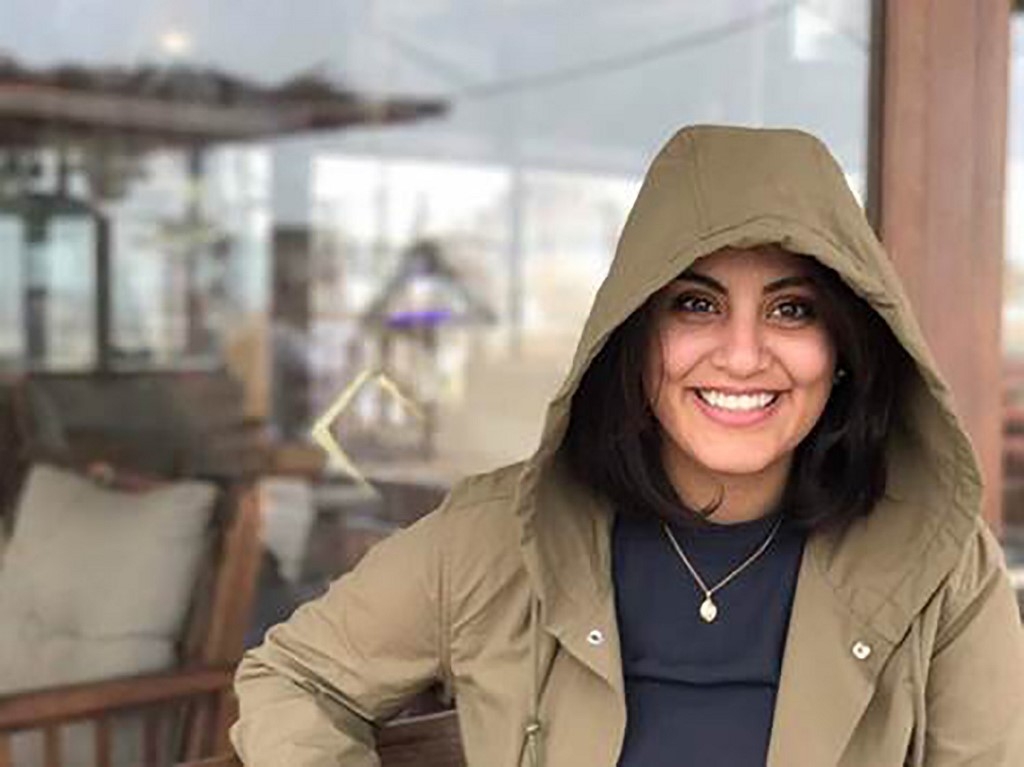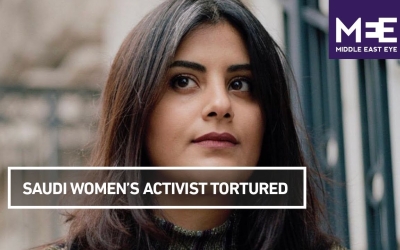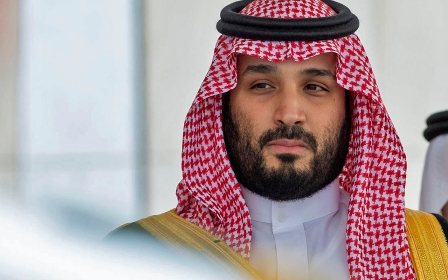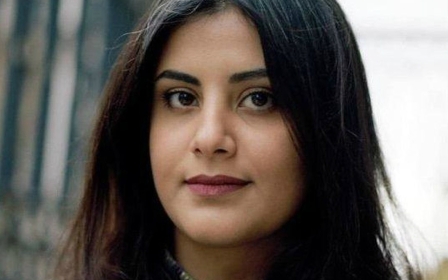Saudi activist Loujain al-Hathloul's health 'deteriorating' amid hunger strike

The family of jailed Saudi activist Loujain al-Hathloul visited the women's rights activist in prison after more than three months without contact, noting her health had deteriorated amid a hunger strike.
Hathoul's parents were allowed to visit the high-profile detainee on Monday after she launched a six-day hunger strike after learning that prison authorities had banned her from contacting family while allowing other detainees to do so.
"My parents visited Loujain today. She was on a hunger strike for 6 days after acknowledging some detainees are allowed to call and not her," Loujain's sister Lina said on Twitter.
"Her health was deteriorating extremely during her hunger strike," she said.
The visit came after the family complained they had not heard from Hathloul since 9 June. The 31-year-old has been behind bars for two years, after protesting the male guardianship system and a ban on women drivers.
Despite the visit, Lina noted that the family has not heard anything regarding her case.
Hathloul was arrested in the United Arab Emirates and deported to Saudi Arabia in May 2018, weeks before the much-publicised lifting of the kingdom's driving ban on women - a right she had long championed.
Since being imprisoned, Hathloul, along with several other female activists, has reportedly been subjected to torture.
Bloomberg reported in August that in addition to Hathloul, other high-profile detainees had been prevented from communicating with their families, including Saudi Princess Basmah bint Saud and prominent cleric Salman al-Awdah.
Princess Basmah had not been in communication with anyone outside prison since April, while Awdah had not been in contact with his family since 12 May.
Princess Basmah, who is a daughter of the late King Saud, was detained with her daughter earlier this year in what observers say is part of a campaign of repression by Crown Prince Mohammed bin Salman, the kingdom's de-facto ruler.
Middle East Eye delivers independent and unrivalled coverage and analysis of the Middle East, North Africa and beyond. To learn more about republishing this content and the associated fees, please fill out this form. More about MEE can be found here.





